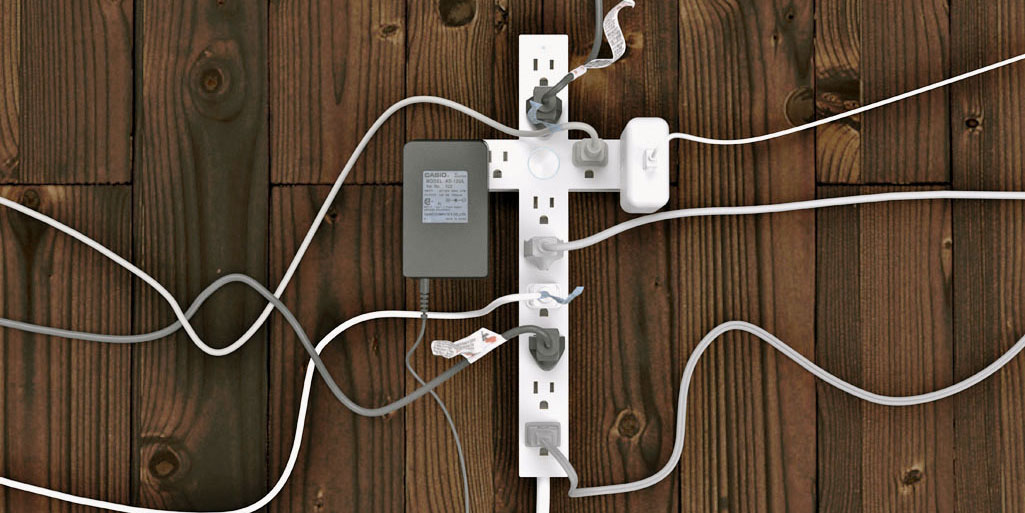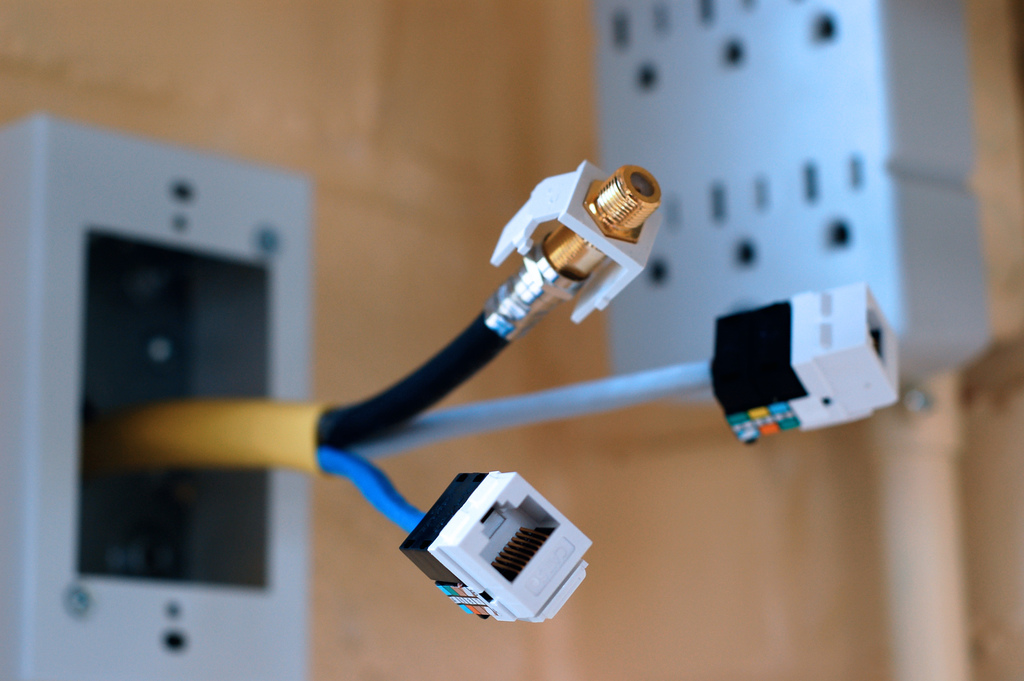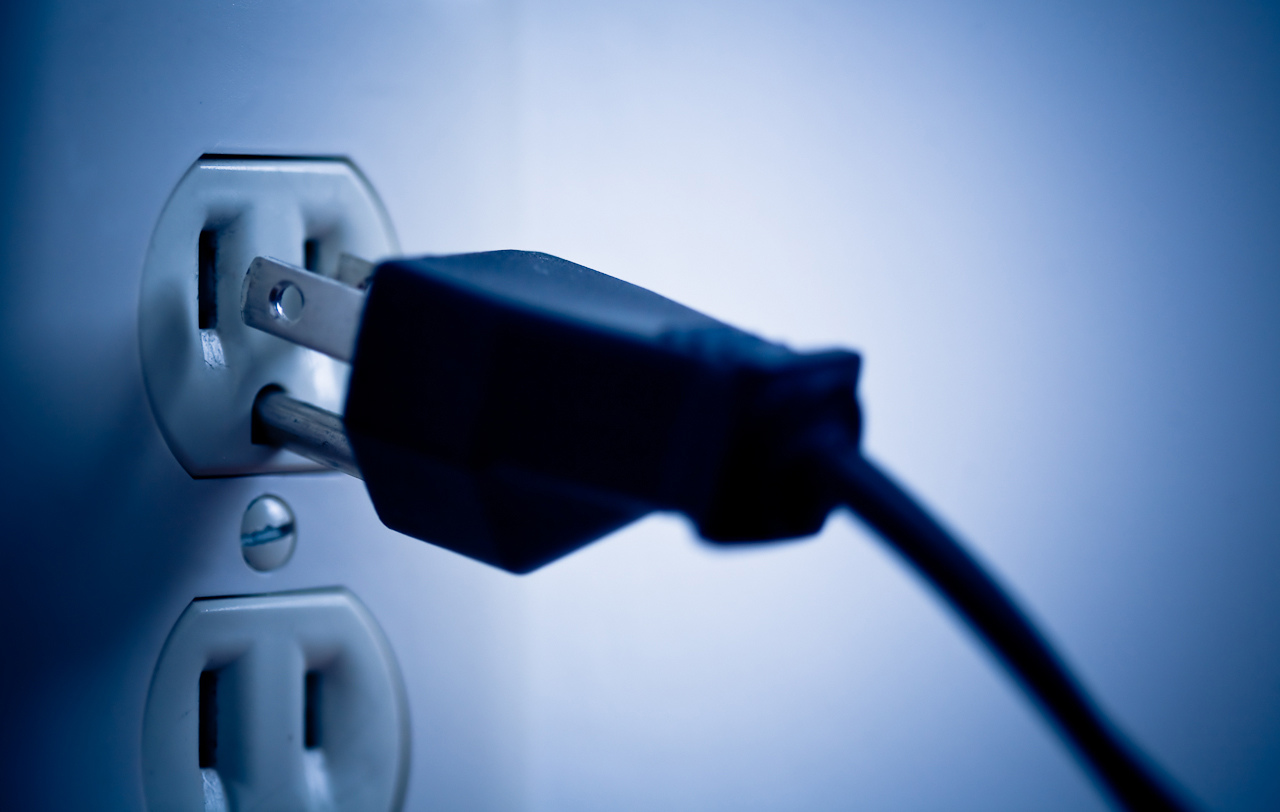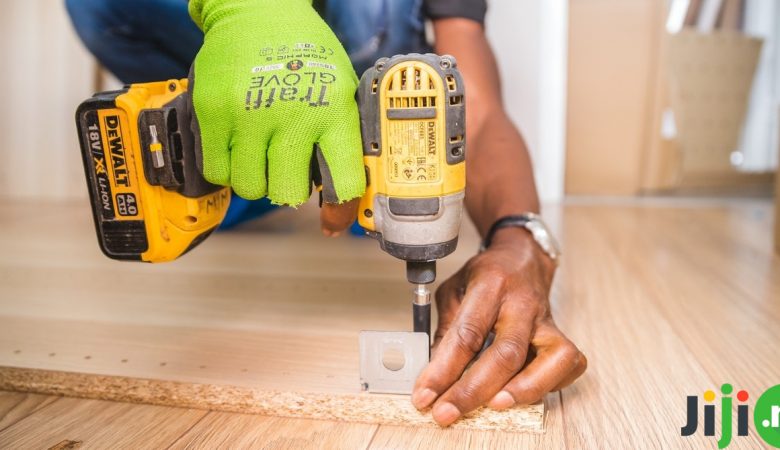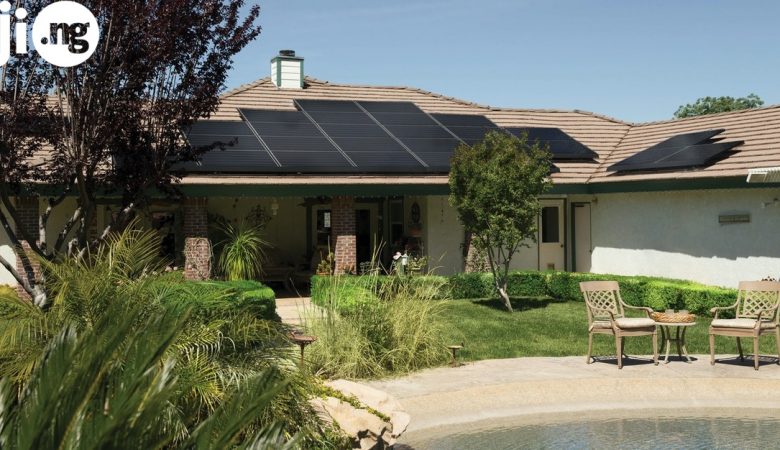The situation with electricity in Nigeria is, sadly, far from ideal. Power surges are familiar to any Nigerian, regardless of the location and whether they live in a house or apartment. Besides the obvious inconvenience of having to spend hours or even days with no electricity, power surges are also able to seriously damage the home’s electricity system and electric appliances. Find out how to minimize the damage from power surges in your home!
Buy new home appliances on Jiji
What are power surges?
Power surges are the most common type of electrical power malfunctions. Essentially, a power surge is a spike in voltage. The surge itself doesn’t last more than a millisecond, but the damage from it is far more lasting. Power surges can vary in duration and magnitude: minor surges mean spikes to a few hundred volts, while major ones can reach a couple thousand volts.
How do power surges cause damage?
Most houses and apartments are based on electrical systems of 220-440 volts, alternating current, and single phase. However, the power delivered by the major electricity corporations of Nigeria, rarely comes at 220 volts and can rise and fall in a predetermined rhythm or even erratically, going from 0 to 280 volts and back. Power surges happen when the voltage exceeds the peak number. Another major reason for power surges is lightning.
The biggest damage is done to the electronic circuit boards in various electric appliances, although the wiring and other electricity components in your home can also be damaged. The damage from power surges can also be not immediate. Instead regular power surges slowly harm your home’s electrical system and appliances, causing them to go out of order or lose their important functions, shortening their lifespan.
What can you do to protect your home?
- Upgrade your wiring system
If your house or apartment complex was built in the 1980s or earlier, you should know that older buildings were not designed with high capacity electric devices, like refrigerators, computers, and huge entertainment systems, in mind. Nevertheless, even newer homes may have problems with the wiring that can result in future issues. Usually damaged wiring is hard to notice until it’s too late, which is why you need to do a regular maintenance for your home’s electrical system, repairing or replacing the old or malfunctioning components.
- Don’t ignore the signs
Although power surges cannot be predicted, problems with your electrical system can. If the lights in your home flicker or dim when you plug in a big electrical appliance, or if you smell burning plastic whenever several devices are plugged in, these are the signs that the wiring in your home should be immediately taken care of. You can do the repairs and maintenance yourself, or you can find a professional electrician online.
- Unplug your devices
Computers, television sets, washing machines, microwaves, entertainment systems, and other electrical devices often tend to stay plugged in even when we’re not using them. Unlike refrigerators, water heaters, air conditioners, and other essential appliances, those gadgets don’t need to be plugged in 24/7. If you don’t care about your microwave oven displaying the correct time, or your washing machine remembering your last cycle settings, you can unplug them when they are not in active use. This trick will not only eventually lower your electricity bill, but will also protect the expensive appliances from surge-related problems.
- Get a surge protector
Although there is no universal way to protect your home from the consequences of a power surge, there is one thing you can do to lower the damage. A basic surge protector will do a good job at limiting the voltage supplied to the devices, so in case there is a spike in the voltage, it will be taken care of by the surge protector.


